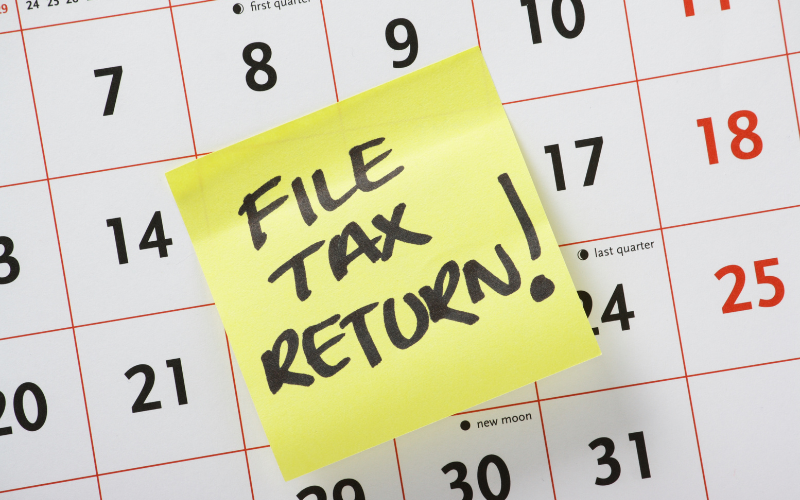Extended ITR Deadline for AY 2025-26: What It Means for Self-Assessment Tax Payment
admin
August 8, 2025

Understanding the Shift in Due Date
The Income Tax Department has extended the due date for filing the Income Tax Return (ITR) for Assessment Year (AY) 2025-26 from the usual 31st July to 15th September 2025. This move offers more time to taxpayers to prepare and file their returns. But with this shift comes an important question: Does the extension also apply to the payment of self-assessment tax?
Due Date for Self-Assessment Tax Payment: 31st July or 15th September?
Traditionally, the deadline for paying self-assessment tax coincides with the original return filing due date—i.e., 31st July. However, in several earlier instances where the ITR due date was extended, the CBDT explicitly clarified that the payment due date would remain 31st July.
In the present scenario, no such carve-out or clarification has been made in the notification extending the ITR deadline. Hence, it can be reasonably interpreted that the due date for both filing the return and paying self-assessment tax now stands at 15th September 2025.
Implications of the New Timeline
Since the notification does not separate the due dates for return filing and tax payment, interest under Section 234A (for delay in filing return) will not be levied if the self-assessment tax is paid on or before 15th September 2025.
However, taxpayers should remain cautious of interest under Sections 234B and 234C, which are levied for short payment or non-payment of advance tax. These interests are independent of the return filing due date and continue to apply based on the timing and adequacy of advance tax payments.
Why Timely Payment Still Matters
If you are liable to pay advance tax and there has been a shortfall, delaying your self-assessment tax payment until September could still attract interest under Sections 234B and 234C. Therefore, prompt payment of dues—even before 15th September—can help avoid unnecessary interest costs.


Conclusion
While the extension of the ITR due date to 15th September 2025 offers relief, taxpayers should not assume immunity from all interest implications. Timely payment of self-assessment tax is crucial, particularly in cases where advance tax has not been adequately discharged. Staying vigilant now can save significant interest later.




